The Importance of Proper Plumbing Ventilation
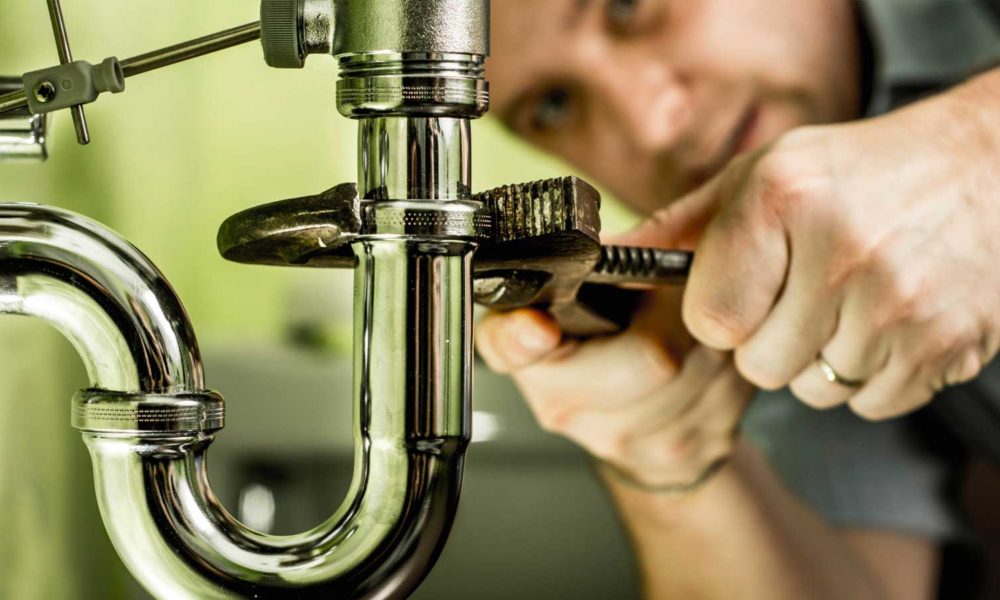
A plumbing vent may be small, but it plays a crucial role in your home’s plumbing system. It ensures water flows smoothly and stops unpleasant odors from entering your living space. Knowing how plumbing vents function can help you prevent issues like blocked pipes or sewer gases in your home.
What Does a Plumbing Vent Do?
Whenever you use water in your home, whether it’s for sinks, toilets, or showers, the water needs to flow smoothly through the pipes. A Plumber Milton Keynes can check your plumbing vents to ensure they’re clear and working correctly. A plumbing vent helps by letting air into the system, which balances the pressure inside the pipes and keeps water moving properly. Without this vent, water can drain slowly, get stuck, or cause clogs and backups.
The vent also plays a vital role in keeping harmful sewer gases out of your home. These gases come from the sewer system and can smell unpleasant and be dangerous to breathe. Plumbing vents usually extend through your roof, allowing these gases to safely escape outside, keeping your home fresh and safe.
Types of Plumbing Vents
There are different types of plumbing vents, each with its own job:
- True Vent: This is the most common vent. It connects directly to the drain line and lets air out of the plumbing system. No water flows through this vent, only air.
- Common Vent: This vent serves two plumbing fixtures that share a wall, like two sinks in separate rooms. It connects to a main vent pipe.
- Auxiliary Vent (Re-vent Pipe): This vent connects plumbing fixtures to the main vent to control gas buildup and keep air flowing.
- Air Admittance Valve (AAV): This special valve opens to let air in when water drains but closes to stop sewer gases from coming into the home. It’s often used where a normal vent pipe is hard to install.
Problems with Plumbing Vents
Sometimes, vent pipes get blocked. Dirt, leaves, animal nests, or ice can clog the vent and stop air from flowing properly. If this happens, water may drain slowly or make gurgling noises. You might also notice bad smells or backups in sinks and toilets.
If you hear strange noises from your drains or notice slow draining, it might be a clogged vent. Fixing it usually requires a professional plumber because vent pipes are often hard to reach and need special tools to clear.
How to Keep Your Plumbing Vents Working
Make sure your plumbing vents are clear and working properly to prevent problems. If you think there might be a blockage, don’t ignore it. Regular inspections and maintenance help keep your plumbing running smoothly. If you’re unsure how to handle it, it’s best to call a plumber to safely check and fix any vent issues.
Why Proper Ventilation Matters
Good plumbing ventilation helps water flow easily through your pipes and stops harmful gases from entering your home. It also prevents bad smells and keeps your plumbing system working correctly. Without proper vents, you could face slow drains, clogged pipes, or health risks from sewer gases.
In short, plumbing vents may be hidden, but they play a big role in keeping your home’s plumbing safe and efficient. Taking care of them is key to avoiding costly repairs and keeping your home comfortable.


 More buyers exploring different living styles as preferences shift this year
More buyers exploring different living styles as preferences shift this year  Why Buy a Luxury Home with AC and a Garage in Palm Beach?
Why Buy a Luxury Home with AC and a Garage in Palm Beach? 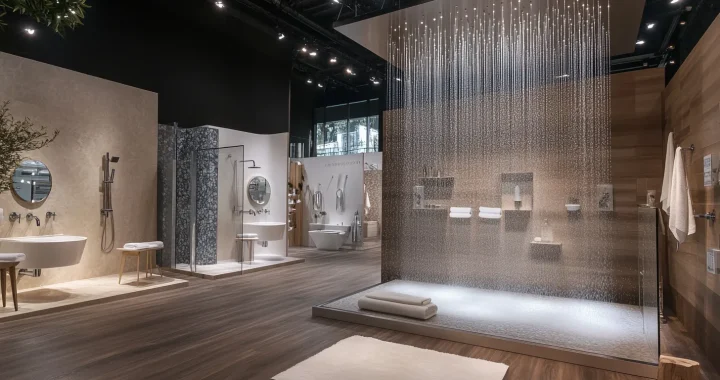 How to Upgrade Your Bathroom with a New Vanity
How to Upgrade Your Bathroom with a New Vanity  ok.com: The Ultimate Hub for Recruitment, Real Estate, Automotive, and Lifestyle Solutions
ok.com: The Ultimate Hub for Recruitment, Real Estate, Automotive, and Lifestyle Solutions 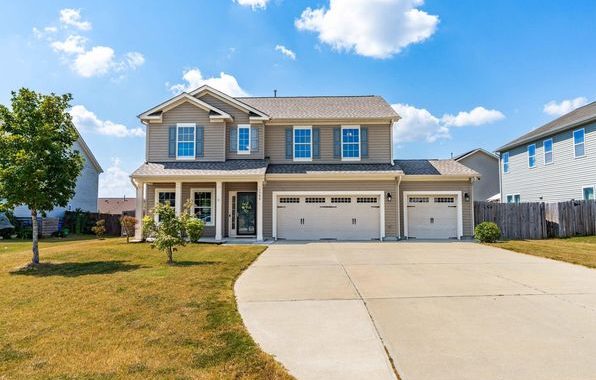 Should First-Time Buyers Consider Homes with Pool in Fuquay-Varina?
Should First-Time Buyers Consider Homes with Pool in Fuquay-Varina? 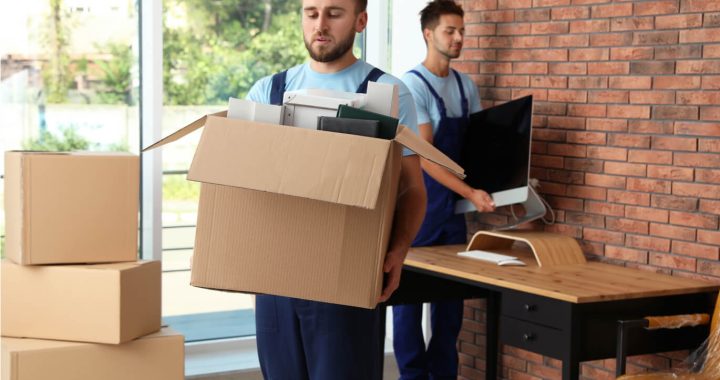 Best Tips for Moving in Kanata Without Breaking the Budget
Best Tips for Moving in Kanata Without Breaking the Budget 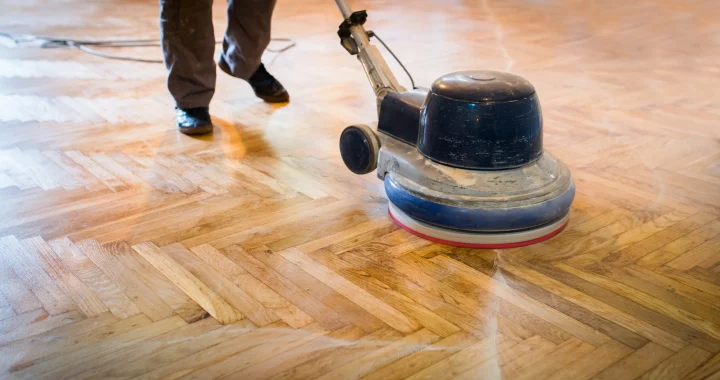 Auckland’s Top Hardwood Floor Sanding & Varnishing Experts
Auckland’s Top Hardwood Floor Sanding & Varnishing Experts